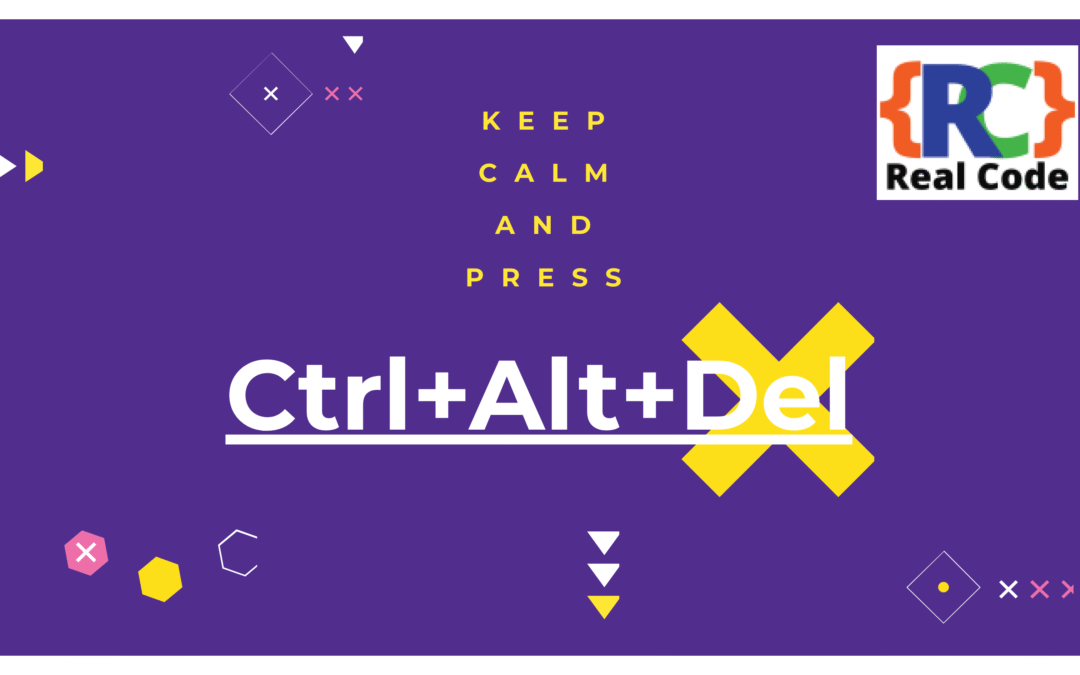How Does AI Improve Project Management Efficiency?
AI enhances project management efficiency primarily through automation, predictive analytics, and real-time data processing. For instance, AI tools can automate routine tasks like scheduling and resource allocation, allowing project managers to focus on strategic decisions. According to a study by McKinsey, implementing AI-driven project management can increase productivity by 20-25%.
What Are the Cost Benefits of Using AI in Project Management?
AI reduces costs by minimizing manual labor, lowering project delays, and optimizing resource allocation. A report from Deloitte indicates that organizations using AI in project management can cut project costs by up to 30% due to improved efficiency and reduced errors. For example, using AI for resource allocation can ensure that the right resources are assigned to the right tasks, preventing waste.
What Are the Key Differences Between AI and Traditional Project Management?
Key differences between AI and traditional project management include automation capabilities, data analysis methods, and adaptability. Traditional project management relies on manual processes and historical data, while AI leverages machine learning and real-time analytics. This allows AI systems to adapt to changes in project scope swiftly, unlike traditional methods that may struggle to accommodate such changes.
How Does AI Enhance Team Collaboration in Projects?
AI tools enhance team collaboration through centralized platforms and real-time communication. For example, tools like Slack integrated with AI can facilitate instant updates and streamline discussions, ensuring that team members are always on the same page. Research shows that teams using AI collaboration tools experience a 30% increase in productivity compared to those using traditional communication methods.
What Are the Limitations of Traditional Project Management Approaches?
Traditional project management approaches often struggle with scalability, adaptability, and real-time insights. For instance, when project scopes change, traditional methods can become cumbersome and inefficient, leading to delays. Additionally, the lack of real-time data can hinder decision-making, resulting in projects that are not aligned with current business needs.
How Can AI Improve Risk Management in Projects?
AI enhances risk management by identifying potential risks early through advanced data analysis. For example, AI can analyze historical project data to predict risks associated with resource shortages or timeline delays. This proactive approach allows project managers to implement mitigation strategies, significantly reducing the likelihood of project failure.
What Real-World Examples Illustrate AI’s Advantages in Project Management?
Companies like IBM and Google have successfully implemented AI tools in their project management processes. IBM’s Watson has been used to analyze project performance data, leading to a 20% improvement in project delivery times. Similarly, Google’s use of AI for resource scheduling has resulted in optimized workflows, reducing project completion times by up to 25%.
How Do AI Tools Compare in Flexibility to Traditional Project Management Tools?
AI tools offer greater flexibility by allowing teams to adjust plans and resources dynamically based on real-time data. For instance, platforms like Monday.com can automatically reallocate resources when project conditions change, unlike traditional tools that require manual updates. This adaptability enables teams to respond more effectively to unforeseen challenges.
What Skills Do Project Managers Need to Effectively Use AI Tools?
Project managers need to develop skills in data analysis, AI tool proficiency, and change management to leverage AI effectively. Understanding how to interpret data outputs from AI tools and being comfortable with technology are crucial for maximizing AI’s benefits. According to LinkedIn, the demand for project managers with AI skills has increased by 50% in recent years.
How Does AI Impact Project Outcomes Compared to Traditional Methods?
AI-driven projects often see higher success rates, faster completion times, and better alignment with business goals. Studies show that organizations using AI in project management report a 40% improvement in project success rates. For example, AI can help ensure that projects remain on budget and on time, leading to more successful outcomes.
What Are the Future Trends in AI Project Management?
Future trends in AI project management include increased automation, enhanced predictive analytics, and greater integration of AI with other technologies. For instance, the rise of AI-driven project management software is expected to continue, with functionalities that incorporate virtual reality and augmented reality for better visualization and planning.
How Can Organizations Successfully Transition to AI-Driven Project Management?
Successful transitions to AI-driven project management involve comprehensive training, gradual implementation, and strong leadership support. Organizations should start with pilot projects to test AI tools and gather feedback. According to research by Gartner, companies that invest in change management during the transition can improve adoption rates by up to 75%.
What Are the Best AI Tools for Project Management?
Popular AI tools include Trello, Asana, and Monday.com. Trello offers automation through its Butler feature, allowing users to create rules that automate tasks. Asana’s AI capabilities help prioritize tasks based on deadlines and project importance. Monday.com’s Work OS provides customizable workflows that adapt to project needs, enhancing overall efficiency.
How Does AI Facilitate Better Resource Allocation in Projects?
AI analyzes project data to optimize resource distribution, ensuring teams work efficiently and reducing waste. For example, AI can predict which resources will be most effective for specific tasks, adjusting allocations in real-time. This results in better utilization of human and material resources, ultimately saving costs and time.
What Metrics Should Be Used to Measure AI’s Impact on Project Management?
Key metrics for measuring AI’s impact include project completion time, budget adherence, stakeholder satisfaction, and team productivity levels. Tracking these metrics allows organizations to assess the effectiveness of AI tools in improving project outcomes. For instance, a 20% reduction in project completion time after implementing AI can indicate significant benefits.
How Can AI Help in Stakeholder Communication and Engagement?
AI tools streamline communication with stakeholders through automated updates and tailored reporting. For instance, AI can generate real-time reports and insights that keep stakeholders informed, improving engagement and satisfaction. Companies using AI for stakeholder communication report a 30% increase in stakeholder satisfaction, as they receive timely and relevant information.
What Are the Ethical Considerations When Implementing AI in Project Management?
Ethical considerations include data privacy, transparency, and potential bias in AI algorithms affecting decision-making. Organizations must ensure that they handle personal data responsibly and that their AI systems are designed to be transparent. Additionally, addressing algorithmic bias is crucial to ensure fair decision-making processes.
In conclusion, the shift from traditional project management to AI-driven methodologies offers significant advantages in efficiency, cost savings, and project outcomes. By understanding and leveraging these differences and benefits, organizations can position themselves for success in an increasingly complex project landscape.

